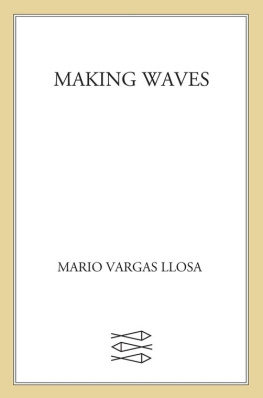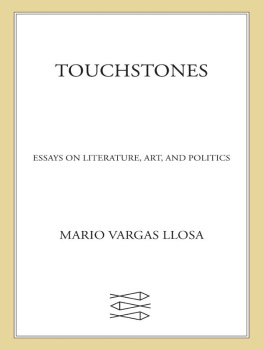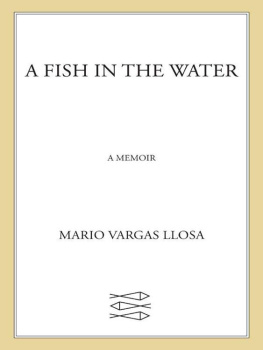
Contents

The Parable of the Tapeworm
Dear Friend,
I was moved by your letter because in it I saw myself at fourteen or fifteen, in gray Lima under the dictatorship of General Odra, aflame with the desire to one day become a writer yet disheartened because I didnt know what steps to take, how to begin channeling my ambition, which I experienced as an urgent prompting, into the creation of real works; how to write stories that would dazzle my readers as I had been dazzled by the writers I was beginning to install in my personal pantheon: Faulkner, Hemingway, Malraux, Dos Passos, Camus, Sartre.
Many times it occurred to me to write to one of them (they were all still alive) and ask for their advice on how to be a writer. I never dared, out of shyness or out of the kind of defeatismwhy write, if I know no one will deign to respond?that so often thwarts the ambitions of young people in countries where literature means little to most and survives on the margins of society as an almost underground activity.
You do not suffer from that kind of paralysis, since youve written to me. Thats a fine beginning to the adventure you wish to set out on and from which you expectas Im sure you do, though you dont tell me so in your lettermany marvelous things. I venture to suggest that you not expect quite so much and that you not count too much on success. Theres no reason why you shouldnt be successful, of course, but if you persevere in writing and publishing, youll soon discover that prizes, public acclaim, book sales, the social standing of a writer all have a sui generis appeal; they are extraordinarily arbitrary, sometimes stubbornly evading those who most deserve them while besieging and overwhelming those who merit them least. Which means that those who see success as their main goal will probably never realize their dreams; they are confusing literary ambition with a hunger for glory and for the financial gains that literature affords certain writers (very few of them). There is a difference.
The defining characteristic of the literary vocation may be that those who possess it experience the exercise of their craft as its own best reward, much superior to anything they might gain from the fruits of their labors. That is one thing I am sure of amid my many uncertainties regarding the literary vocation: deep inside, a writer feels that writing is the best thing that ever happened to him, or could ever happen to him, because as far as he is concerned, writing is the best possible way of life, never mind the social, political, or financial rewards of what he might achieve through it.
Vocation seems to me the inevitable starting point for our talk about what is exciting and troubling you: namely, how to become a writer. Its a mysterious business, of course, veiled in doubt and subjectivity. But that doesnt stop us from trying to explain it rationally, rejecting the religious fervor and pride of the self-important myths the romantics spun around it, according to which the writer was the chosen one of the gods, a being singled out by a transcendent superhuman entity to write divine words that, once breathed, would effect the sublimation of the human soul and allow the writer, thanks to his brush with Beauty (capitalized, of course), to achieve immortality.
Today nobody talks that way about literary or artistic vocation, but even though the definition offered in our times is less grandiose, less steeped in fatefulness, it is still fairly elusive: a predisposition of murky origin that causes certain men and women to dedicate their lives to an activity that one day they feel called, almost obliged, to pursue, because they sense that only in pursuing this vocationwriting stories, for examplewill they feel complete, at peace with themselves, able to give the best of themselves without the nagging fear that they are wasting their lives.
I dont believe that the destinies of human beings are programmed in the womb by fate or by a mischievous divinity that distributes aptitudes, ineptitudes, likes, and dislikes among brand-new souls. But neither do I believe, as once I did under the influence of the French existentialistsespecially Sartrethat vocation is a choice , a free expression of individual will that decides a persons future. Indeed, in spite of my conviction that literary vocation is not governed by fate or inscribed in the genes of future writers, and despite my belief that discipline and perseverance may sometimes produce genius, Ive come to be convinced that it cannot be explained solely in terms of free choice. Free choice is essential, in my opinion, but only at a second stage, following an initial subjective inclination, innate or forged in childhood or earliest adolescence, that rational choice serves to strengthen but is unable to manufacture from scratch.
If Im not mistaken in my supposition (though I very well may be), a man or a woman develops precociously in childhood or early in his or her teenage years a penchant for dreaming up people, situations, anecdotes, worlds different from the world in which he or she lives, and that inclination is the first sign of what may later be termed literary vocation. Naturally, there is an abyss that the vast majority of human beings never cross between the propensity to retreat from the real world and real life into the imagination and the actual practice of literature. Those who do cross and who become creators of worlds with the written word are writers, the minority who have reinforced their penchant or tendency with an exertion of the will Sartre called choice . At a given moment, they decided to become writers. Thats what they chose to be. They arranged their lives to make the written word the focus of the drive that at first they contented themselves with harnessing for the elaboration, in the misty realms of the mind, of other lives and worlds. This is where you are now: at the difficult and thrilling moment when you must decide whether you will go beyond amusing yourself with the creation of fictional realities, whether you will set them down in writing. If thats what you choose, you will certainly have taken a very important step, though your future as a writer will still be far from assured. But the decision to commit yourself, to orient your life toward the achievement of your purposes, is already a waythe only possible wayof beginning to be a writer.
What is the origin of this early inclination, the source of the literary vocation, for inventing beings and stories? The answer, I think, is rebellion. Im convinced that those who immerse themselves in the lucubration of lives different from their own demonstrate indirectly their rejection and criticism of life as it is, of the real world, and manifest their desire to substitute for it the creations of their imagination and dreams. Why would anyone who is deeply satisfied with reality, with real life as it is lived, dedicate himself to something as insubstantial and fanciful as the creation of fictional realities? Naturally, those who rebel against life as it is, using their ability to invent different lives and different people, may do so for any number of reasons, honorable or dishonorable, generous or selfish, complex or banal. The nature of this basic questioning of reality, which to my mind lies at the heart of every literary calling, doesnt matter at all. What matters is that the rejection be strong enough to fuel the enthusiasm for a task as quixotic as tilting at windmillsthe sleight-of-hand replacement of the concrete, objective world of life as it is lived with the subtle and ephemeral world of fiction.
Next page

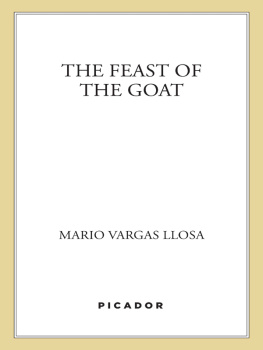
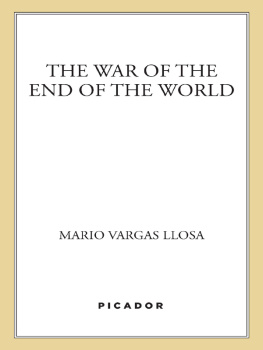
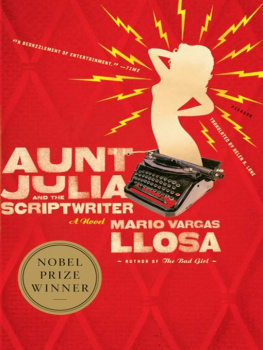

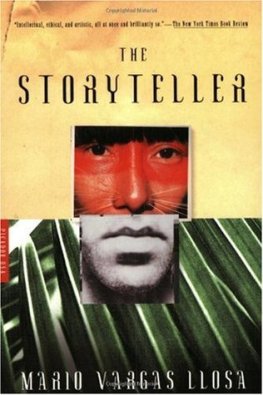
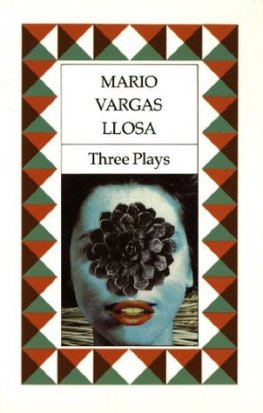
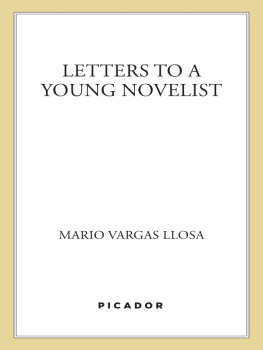
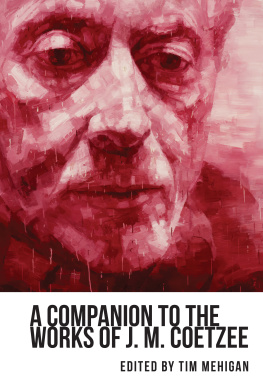
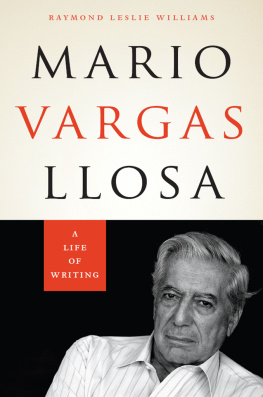
![Mario Vargas Llosa [Mario Vargas Llosa] - Captain Pantoja and the Special Service](/uploads/posts/book/142220/thumbs/mario-vargas-llosa-mario-vargas-llosa-captain.jpg)
